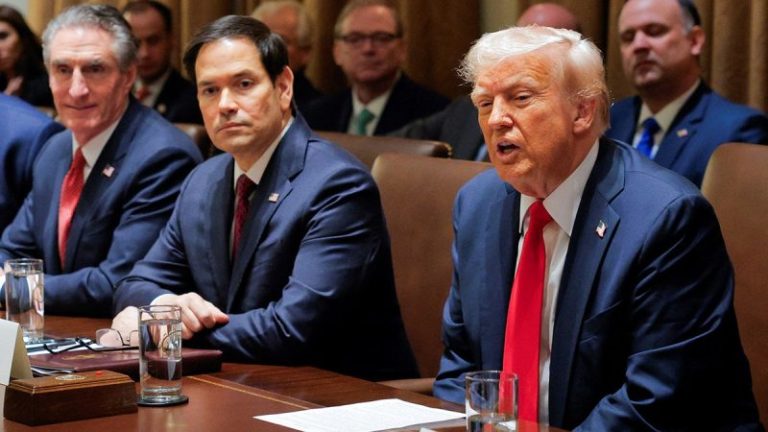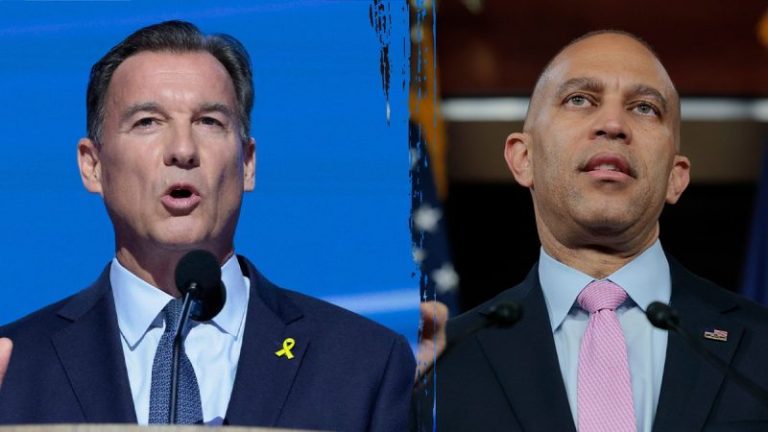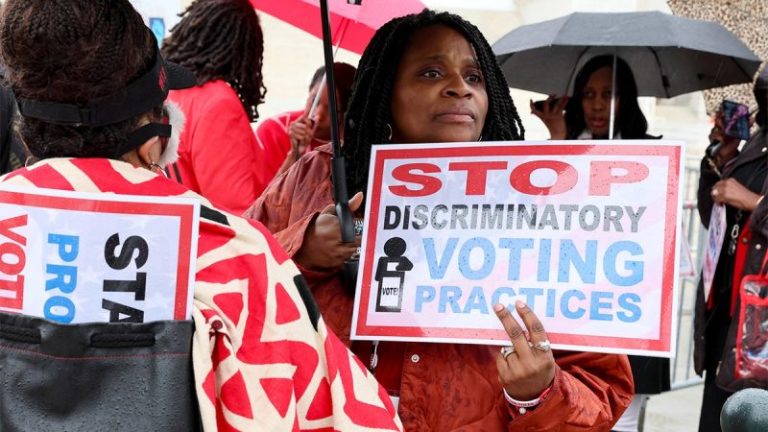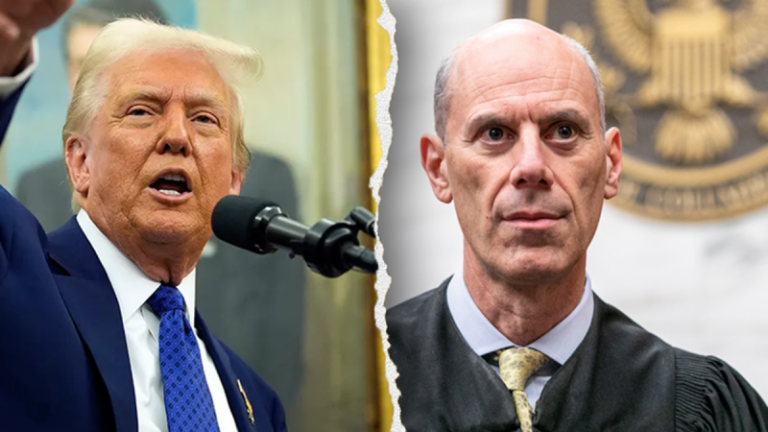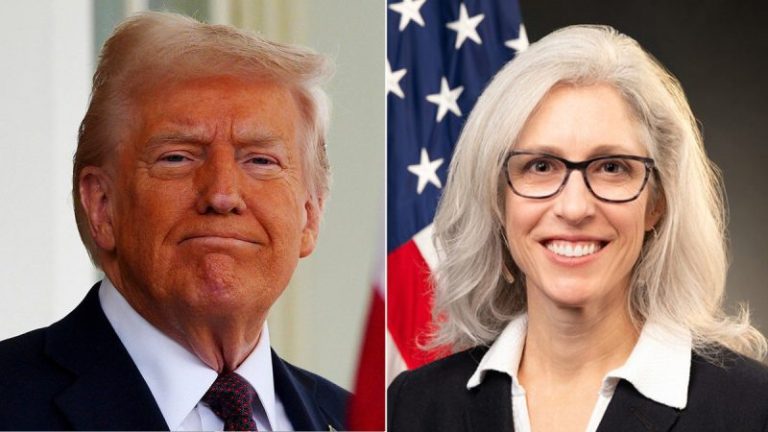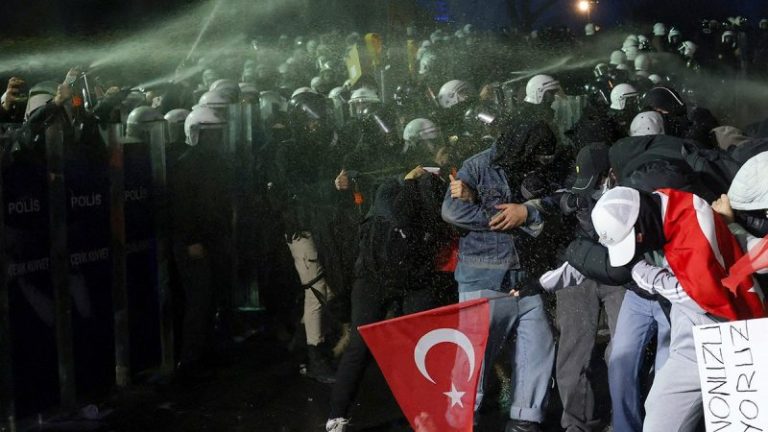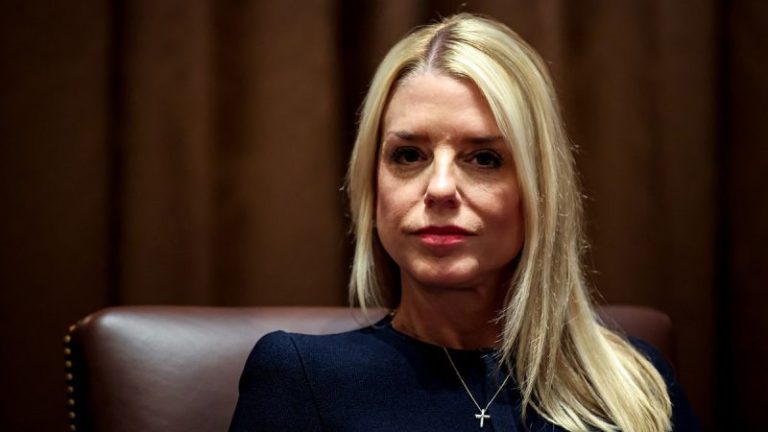A prominent Indian comedian is standing by his right to make jokes after an angry mob attacked a comedy club where he had made an onstage jibe at a right-wing politician.
Kunal Kamra, known for his quips about popular culture and politics, is under investigation for alleged defamation by police in the western state of Maharashtra after he told a joke about the state’s Deputy Chief Minister Eknath Shinde. The case is the latest to underscore the country’s declining freedoms and the sensitivities of India’s right-wing politicians, some of whom have called for the artist’s arrest.
A video of the skit, posted to Kamra’s YouTube channel Sunday, shows the comedian apparently taking a jibe at Shinde. In the video, Kamra does not explicitly name the politician but, in a song, refers to a “gaddar,” or “traitor” – taken to be a reference to Shinde’s leadership of a rebellion in 2022 that caused the state’s previous government to collapse.
The joke sparked a furious backlash within Shinde’s Hindu supremacist Shiv Sena political party. An angry mob later descended upon The Habitat comedy venue where Kamra had performed in Mumbai. A video of the incident shows dozens of men – some wearing scarves with the Shiv Sena logo – smashing chairs and ripping the venue’s interior apart.
Shiv Sena spokesperson Krishna Hegde said Kamra’s words “insulted” the people of Maharashtra. “Mumbai police should take Kunal Kamra into custody, arrest him, lock him up behind bars and open a case against him,” he said in a video statement.
Another party lawmaker, Naresh Mhaske, warned that Kamra would be unable to walk in public.
“Let alone Maharashtra, you won’t be able to roam around in all of India,” he said in a video statement.
Kamra has said he will not apologize for his comments and, in a post on X, criticized the “inability to take a joke at the expense of a powerful public figure.”
“As far as I know, it is not against the law to poke fun at our leaders and the circus that is our political system,” he wrote. “I don’t fear this mob and I will not be hiding under my bed waiting for this to die down.”
Some opposition politicians in Maharashtra have rallied to Kamra’s defense in light of the political storm. Shinde’s former political ally Aditya Thackeray said: “Only an insecure coward would react to a song by someone.”
The Habitat said it was “shocked, worried and extremely broken by the vandalism,” and would be temporarily shutting down the comedy club.
“We have never been involved in the content performed by any artist but the recent events have made us rethink about how we get blamed and targeted,” it said on Instagram, adding that the venue would be closed “till we figure out the best way to provide a platform for free expression without putting ourselves and our property in jeopardy.”
Growing intolerance
This isn’t Kamra’s first run in with the law.
In December 2020, the Supreme Court held him in contempt of court for allegedly disparaging the judiciary and judges in his social media posts. In one Twitter post, he criticized the court’s handling of a case involving a right-wing commentator.
Freedom of speech is enshrined in India’s democratic constitution, but comedians in the world’s largest democracy have previously faced the wrath of angry politicians for their jokes.
In November 2021, right-wing politicians called for comedian Vir Das’ arrest after he gave a powerful monologue addressing the country’s rape crisis and then-year-long farmer’s protest.
At the time, Ashutosh Dubey, a legal adviser to India’s ruling Bharatiya Janata Party, accused Das of “defaming” India and filed a complaint with the police over his “inflammatory” comments.
Das has not been formally charged with any crime and continues to perform. But others who have faced similar situations have had their livelihoods upended.
Kamra, meanwhile, said the new investigation into his comments “does not change the nature of his right” to make fun of politicians.



